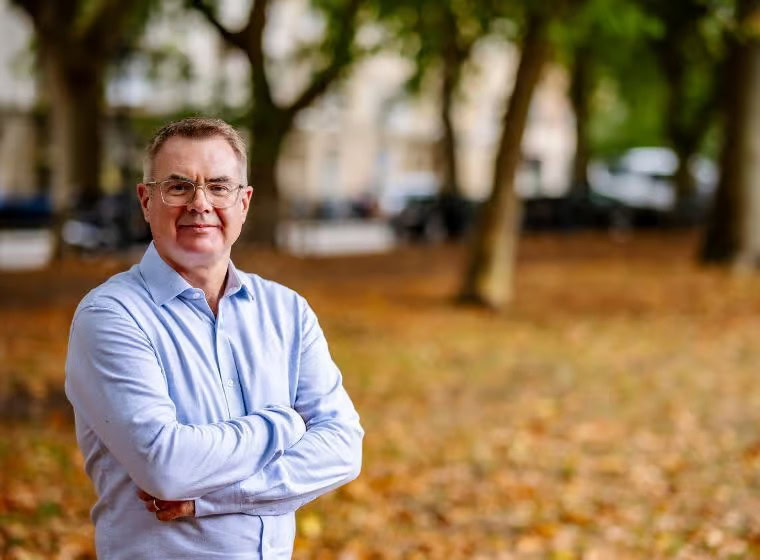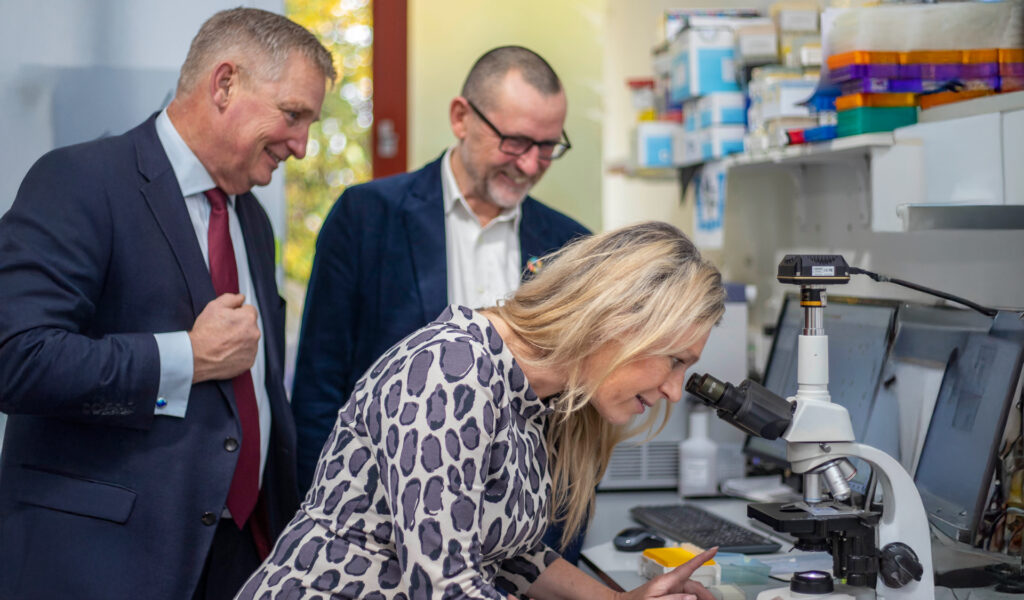The comments came from Mr Lochhead during a political debate on waste issues in Scotland, in which the environment secretary outlined progress on the Government's Zero Waste Plan, which closed for consultation on November 13 2009 (see letsrecycle.com story).
The full version of the Zero Waste Plan is set to be published next month, giving a comprehensive overview of how the country can achieve its ambitious long-term recycling goals, which include recycling 50% of municipal waste by 2013, 60% by 2020 and 70% by 2025.
These aspirations include a target of limiting energy-from-waste as a disposal route to 25% of municipal waste, with Mr Lochhead – of the ruling Scottish National Party – on a number of occasions stating that they did not want the energy-from-waste facilities in the country to stand unused like “big, white elephants”.
Giving an update on the Zero Waste Plan, Mr Lochhead said: “Our present policy is based on capping at 25% of all the waste that local authorities manage, the amount of waste that they can treat by energy from waste through incineration. However, we are considering a new approach.
“After all, the cap applies only to 4% of all waste in Scotland: if we are aiming to tackle all waste in Scotland, our energy-from-waste policy should have the same aim.
“As a result, we feel that legislating on the materials that can be used in energy-from-waste plants would be a much better way of regulating things and would allow us to emphasise that we are focusing on all waste in Scotland, and not just on the municipal waste that local authorities collect,” he added.
Investment
Also in the debate, Mr Lochhead faced considerable scrutiny from opposition party members over the distribution of funding from the Government's Zero Waste Fund – which is intended to administer £152 million over three years to Scottish councils.
Labour's Elaine Murray, Member of Scottish Parliament (MSP) for Dumfries, said that, to date, £80 million had been distributed but, without direct assistance, councils were finding it difficult to finance waste treatment infrastructure and initiatives.
She said: “We all aspire to zero waste and I am sure that we all want a long-term strategy that must be longer term than single periods of government. We need to understand and tackle how the strategy will be funded and that means that we need to understand how we work with the private sector.
“There is difficulty with council budgets, so we need to consider how to lever in funding from elsewhere in order to fund some of the projects.”
These sentiments were echoed by John Scott, MSP for Ayr, who said: “Reducing waste directly reduces our carbon emissions. I know that we all agree that that must be our direction of travel even if, as Elaine Murray said, we do not know how to fund that goal.”
Concern
Ms Murray also raised concerns about the country meeting its future municipal waste and recycling targets and drew attention to the recent report by the Scottish Environmental Protection Agency (SEPA) which claimed the 2010 target of 40% would be “challenging” (see letsrecycle.com story).
Mr Lochhead, in his closing statements in the debate, indicated that there were “tough choices” ahead for Scotland on waste, with regards to building necessary infrastructure to meet targets and said that it would take “big, brave decisions” by councils to ensure targets are met.
In addition, Mr Lochhead refuted claims from the Liberal Democrats that the publication of the Zero Waste Plan had been delayed and insisted that it would be launched officially in “two or three weeks”.








Subscribe for free